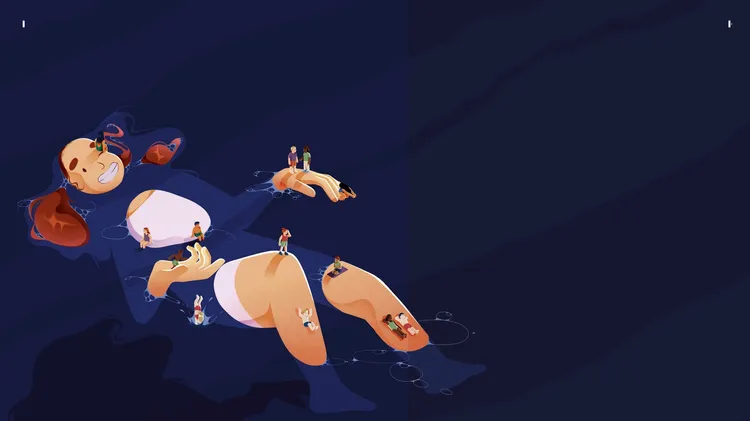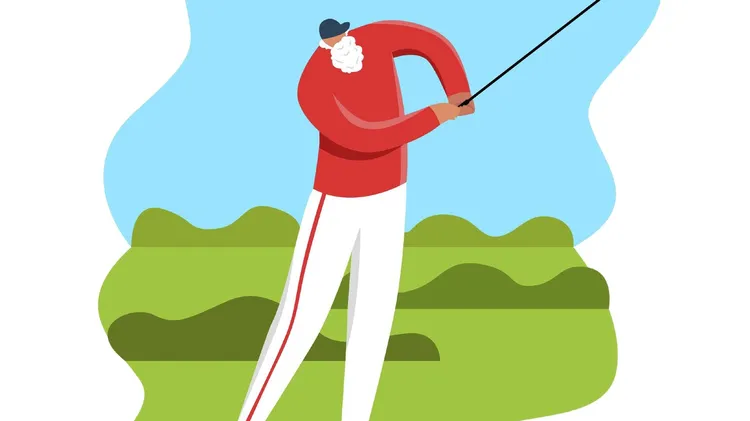Subconscious processes in t
Claiming the moral high ground doesn’t necessarily make you good
3 min read
This article is from...
Read this article and 8000+ more magazines and newspapers on Readly






